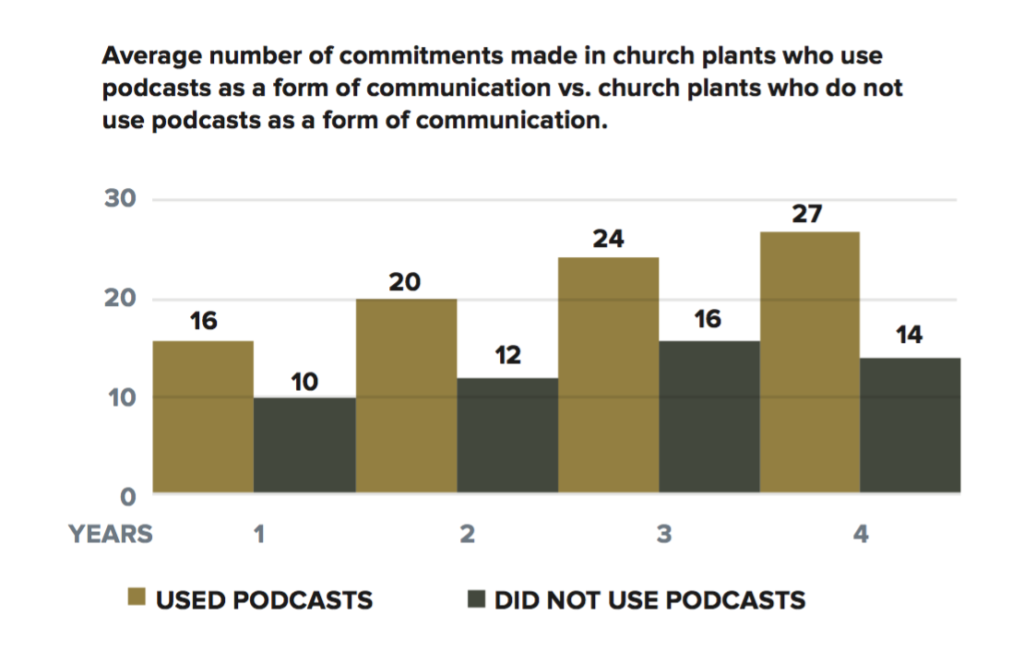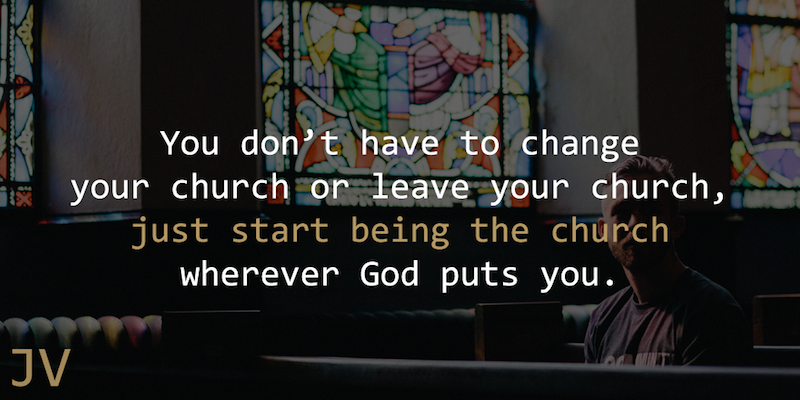
There’s a children’s book called Alexander and the Terrible, Horrible, No Good, Very Bad Day. It starts off like this,
I went to sleep with gum in my mouth and now there’s gum in my hair and when I got out of bed this morning I tripped on the skateboard and by mistake I dropped my sweater in the sink while the water was running and I could tell it was going to be a terrible, horrible, no good, very bad day.
Have you ever had one of those days? In 2004, the US Basketball team sure did.
1992 was the first year that professional basketball players were allowed to compete in the Summer Olympic games. This was the birth of the “Dream Team.” I remember watching Michael Jordan, Karl Malone, David Robinson, Magic Johnson, and Charles Barkley dominate. I had their basketball cards. I played them in video games. Man, this was the year for basketball.
From that year on, just like Canadians were always expected to dominate hockey, the Americans were expected to do the same with Basketball. After all, who could ever challenge them? Who could beat them? The Americans had not only won gold every time since the Dream Team had competed, but they had also never lost a game—they were undefeated.
But in 2004 it happened in Athens, Greece, the birthplace of the Olympics.
And although the US team had superstars like LeBron James, Carmelo Anthony, and Dwayne Wade, they lost their opening game in the tournament against Puerto Rico—a team that they should’ve crushed. Instead, they got crushed and were beat 92-73. This was the biggest loss in Olympic history for the US; in fact, it was their first loss ever. Their performance was a far cry from the original Dream Team who typically beat their opponents by 44 points.
Was this the end of the Dream Team?
Well, as much as they scrapped their way to the semifinals, they were eventually defeated by Argentina. Since NBA players were allowed to compete in the Olympics, 2004 was the only year that the USA men’s team did not win gold. In fact, 2004 was the only year they ever lost a game too. In 1992, 1996, 2000, 2008, 2012, and 2016, not only did the US men’s basketball team win gold, but they went undefeated.
So what went wrong?
I only have one thing to say—just one thing. You know that phrase, “Teamwork makes the dream work?” Yeah…I know, pretty amazing, right? Well, apparently they didn’t know that…
Collaboration is the ability to work with others
In this previous article, I outlined the two-year process that I was a part of to identify the universal core competencies of church leaders. Collaboration was one of them. This was a competency that just kept on coming up.
While collaboration is simply defined as the ability to work with others, it goes far beyond that. To collaborate well, yes, you do need to display proficiency in your ability to work with others.









